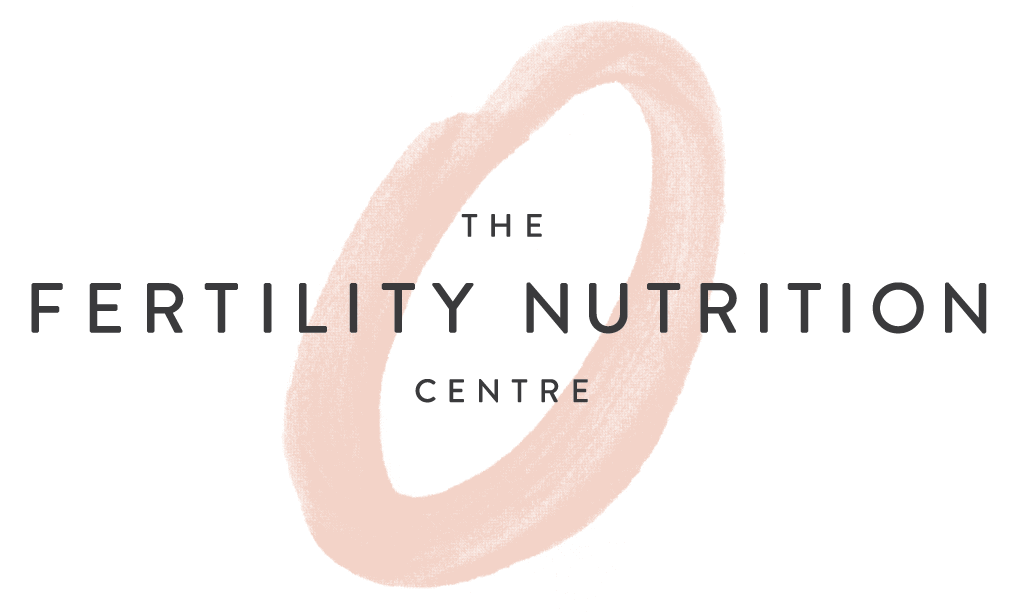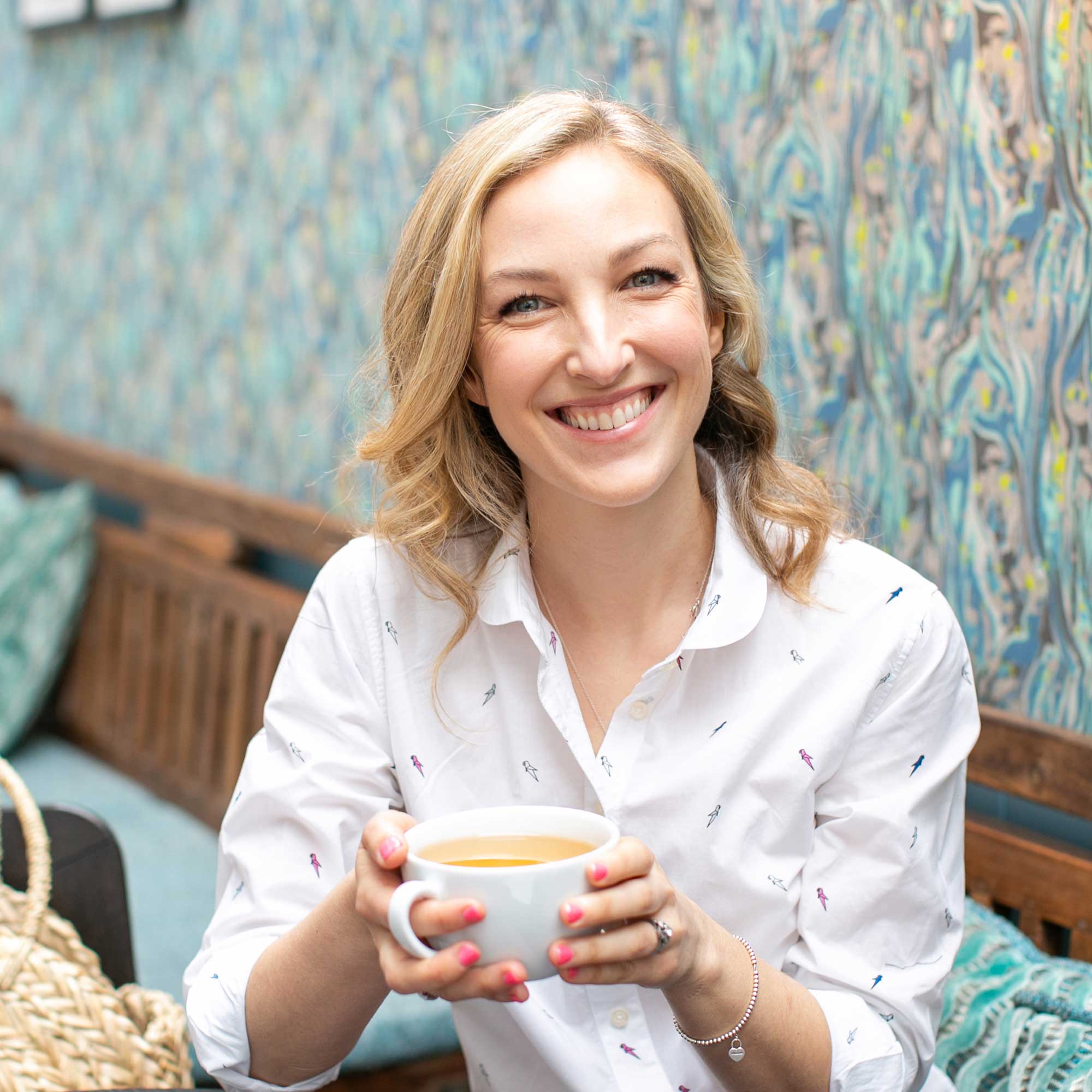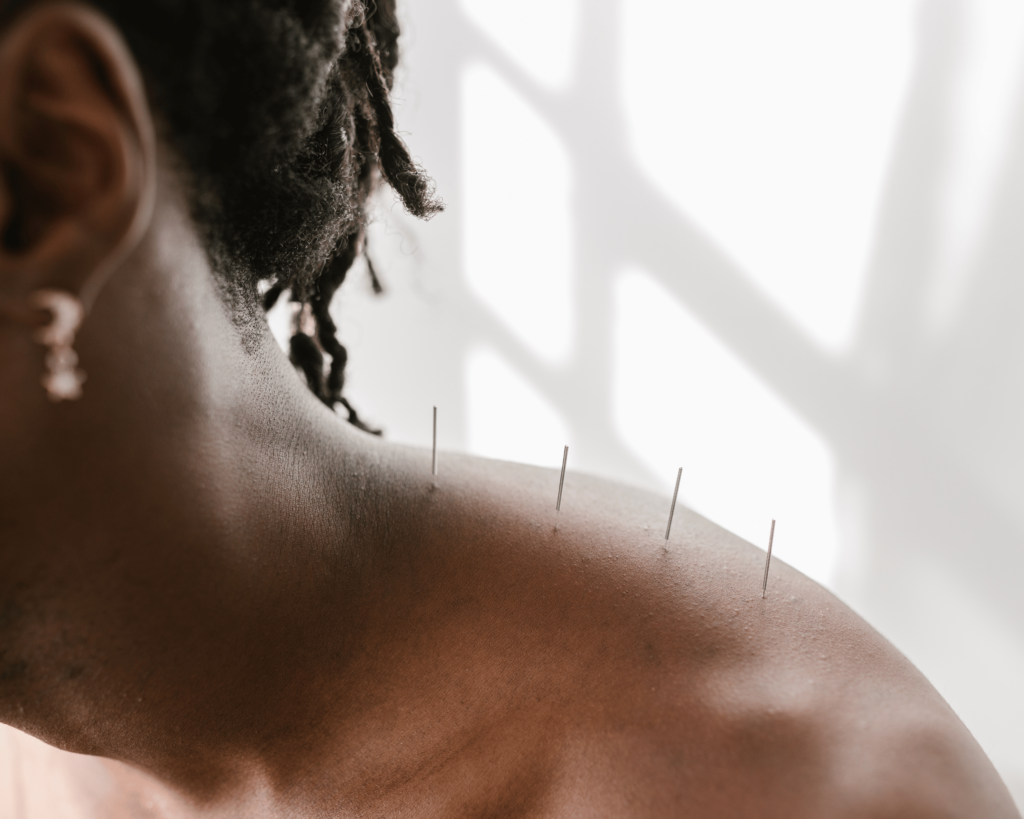
Alternative Therapies we recommend as Fertility Nutritionists
For many, the road to conceiving can be long and challenging. When dealing with fertility issues, exploring complementary and alternative therapies alongside conventional medical treatment can provide additional support but it can be difficult to know whether the therapy is right for you, and costs can quickly spiral when fertility is concerned.
As specialist fertility practitioners, we have lots of experience in working alongside all sorts of other professionals – from doctors to healers and everything in between. In our experience there are some therapies that can be particularly beneficial alongside – but never instead of – nutrition and lifestyle support. We often recommend the following therapies to our clients:
Acupuncture or Reflexology
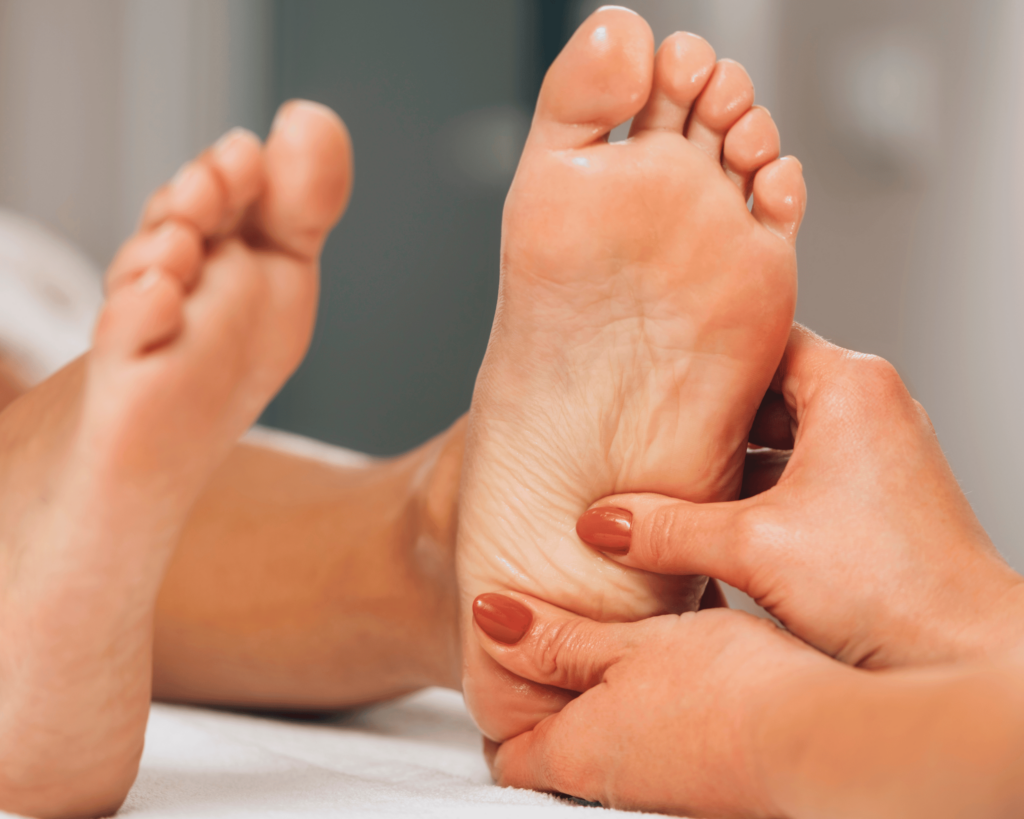
Acupuncture is an ancient Chinese practice that involves inserting fine needles into specific points on the body to stimulate and balance the flow of energy or “qi.” While the exact mechanisms behind its effectiveness are not fully understood from a Western medical perspective, acupuncture has been shown to provide a range of benefits for those struggling with fertility issues.
One of the primary ways acupuncture may support fertility is by reducing stress and promoting relaxation. Chronic stress can disrupt the delicate balance of hormones necessary for ovulation and implantation, and the calming effects of acupuncture can help counteract this. Additionally, acupuncture is believed to improve blood flow to the reproductive organs, ensuring they receive proper nourishment and oxygenation.
Numerous studies have demonstrated the potential benefits of acupuncture for fertility. A 2008 study published in Fertility and Sterility found that women receiving acupuncture treatment had significantly higher rates of pregnancy compared to those who did not receive acupuncture. Another study in the same journal in 2015 suggested that acupuncture could improve the quality of embryos in women undergoing in vitro fertilization (IVF).
We have found acupuncture especially useful when there are any concerns around the monthly cycle, perhaps the progesterone doesn’t seem to rise as it should, or the cycles are long or irregular. If you don’t like the thought of needles, Reflexology works just as well.
It’s important to note that acupuncture should always be performed by a qualified and licensed practitioner, as improper needle placement can lead to adverse effects.
Fertility Yoga

Yoga has long been praised for its ability to reduce stress, improve flexibility, and promote overall well-being. In recent years, a specialised form of yoga known as fertility yoga has gained popularity among those seeking to optimise their chances of conceiving.
Fertility yoga combines gentle yoga postures, breathing exercises, and meditation techniques specifically designed to support reproductive health. The practice aims to reduce tension and anxiety, which can adversely affect fertility, while also promoting improved circulation and oxygenation to the reproductive organs. Think lots of hip rolls, pelvic work and grounding.
One of the key benefits of fertility yoga is its emphasis on cultivating a mind-body connection. By focusing on breath and movement, practitioners can learn to tune into their bodies and develop a deeper awareness of their reproductive cycles and physical sensations.
In addition to the physical and mental benefits, fertility yoga can also foster a sense of community and support. Many fertility yoga classes and workshops provide a safe and nurturing environment for couples to connect with others on similar journeys, which can be invaluable during the often isolating experience of struggling with infertility.
Fertility yoga is also a wonderful way to strengthen your bond with your partner, and if you struggle to sleep this is undoubtedly going to help improve this, too..
Ensure that your yoga therapist is appropriately qualified to support those trying to conceive. We are huge fans of the wonderful Alex Taylor who is available for private work and she also has an online course.
Womb Massage

Womb massage, also known as fertility massage or abdominal massage, Mizan Therapy or Mercier Therapy, is a hands-on therapy that focuses specifically on the pelvic and abdominal areas. This gentle massage technique is believed to improve blood flow to the reproductive organs, facilitate the removal of toxins and excess hormones, and promote overall relaxation.
During a womb massage session, the practitioner will use a combination of stroking, kneading, and rocking motions to target the uterus, ovaries, and surrounding areas. This increased circulation is thought to nourish the reproductive organs with essential nutrients and oxygen, while also helping to alleviate physical and emotional tension that can hinder fertility.
Womb massage may also be beneficial for addressing specific conditions that can impact fertility, such as endometriosis, polycystic ovarian syndrome (PCOS), or uterine fibroids. By promoting improved lymphatic drainage and reducing inflammation, womb massage may help to alleviate some of the symptoms associated with these conditions.
We have found that patients often experience a release of bottled-up emotions and negative feelings about their fertility potential after their womb massage session, and this leaves them feeling lighter and better able to cope with everything else their fertility journey throws at them.
It’s important to note that womb massage should only be performed by a trained and certified practitioner, as improper technique could potentially lead to adverse effects.
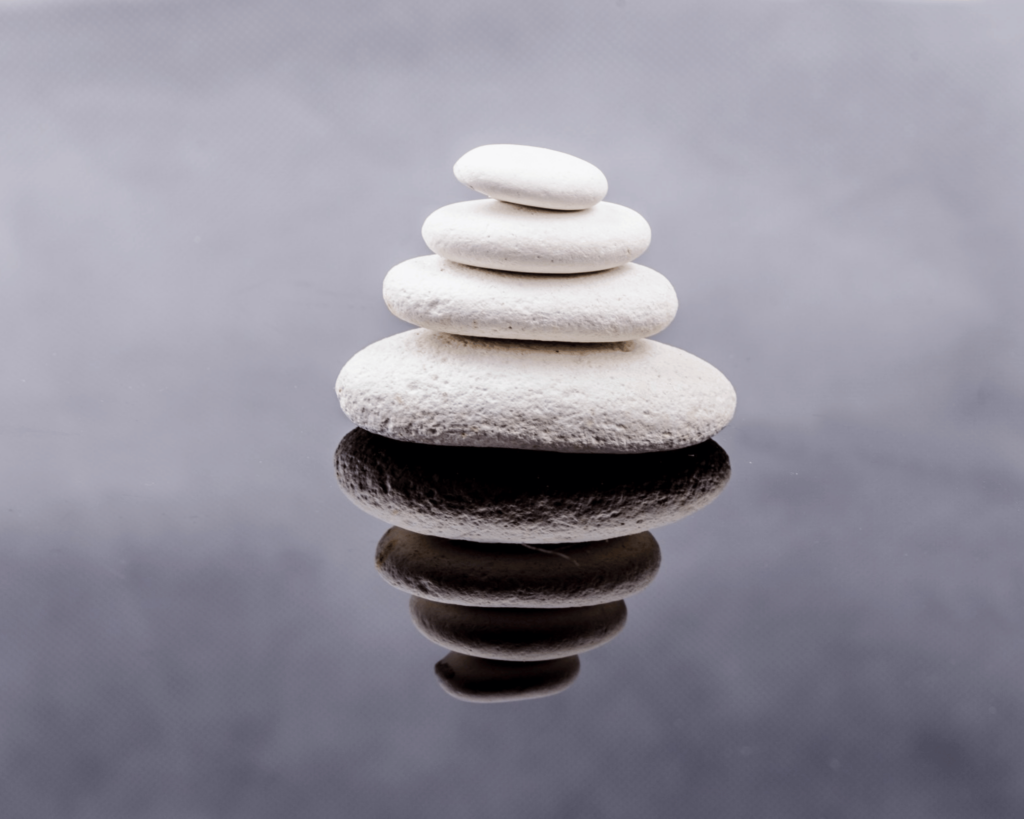
Whilst these alternative therapies should not be considered a substitute for conventional medical treatment, they can provide valuable complementary support for couples on their fertility journeys. By incorporating practices like acupuncture, reflexology, fertility yoga, and womb massage, you may be able to reduce stress, improve overall well-being, and potentially enhance their chances of conceiving.
Exploring complementary and alternative therapies like acupuncture, fertility yoga, and womb massage can be a beneficial addition to your fertility journey. However, it’s important to understand that every individual’s situation is unique, and what works for one person may not work for another.
At the Fertility Nutrition Centre, we take a personalised approach and are happy to discuss these therapies in more detail with you. We can provide guidance on whether they may be suitable for your specific circumstances and make recommendations for qualified practitioners to connect with. Our goal is to support you holistically, addressing not just the physical aspects of fertility but also the emotional and mental well-being for a whole 360-degree approach.
If you’re interested in learning more about acupuncture, fertility yoga, womb massage, or any other complementary therapies, please don’t hesitate to reach out to us. We’re here to listen to you, answer your questions, and help you explore all the options available to you on your path to parenthood.
Don’t forget to follow our Instagram page for more fertility nutrition tips from our team of certified practitioners.
Or click here, and head to our directory to book a free introductory chat with a team member.
